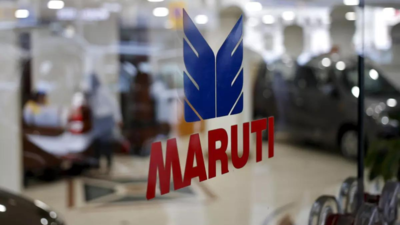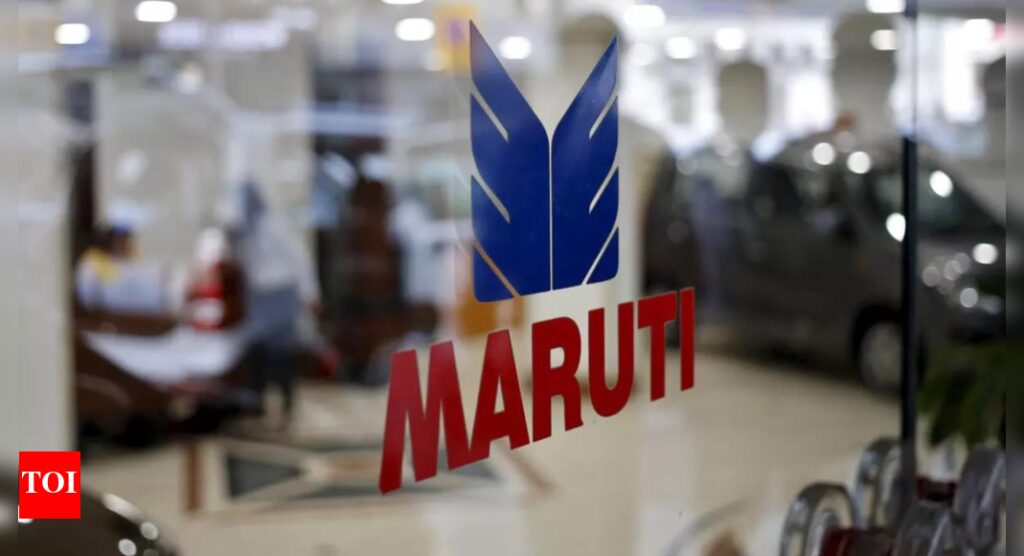
NEW DELHI: Country’s biggest carmaker Maruti Suzuki believes that electrics will take time in mass adoption as customers do not see them as their ‘primary’ cars while having concerns around the public charging infrastructure and range of battery.
Rival and second-biggest maker Hyundai, however, believes that the tide is turning in favour of the greens whose share in total car sales may nearly double to 5% by FY27 against the estimated 2.7% in 2024-25.
Maruti, which is perhaps the last in the list of large carmakers to be launching electrics, still has its doubts about the green cars becoming mainstream any time soon. “EVs sold today are not primary cars, but rather secondary. Till the time we don’t solve customer concerns on range, charging infrastructure and post-sales, buyers will not have confidence. EVs will remain a secondary car, where numbers will not grow fast,” Partho Banerjee, senior executive officer (marketing & sales) at Maruti Suzuki, said.
Maruti unveiled its upcoming EV – the eVitara – in Jan, and plans to launch it later this year. Banerjee said govt and carmakers should make efforts to resolve the concerns of customers on EVs. Hyundai, however, is optimistic. Tarun Garg, COO at Hyundai India, said with top players such as Tata, Mahindra, Hyundai, Kia and Maruti launching EVs, the “tide is rapidly turning” in favour of greens. “We believe the share of EVs will become 3.5% by the close of fiscal FY26, and thereafter move up to 5% in the next fiscal.”
Tata Motors leads the EV market, followed by JSW MG. Customers are seeing a flurry of launches this year with many companies getting new EVs on the road, broadening the model line-up and reach. Maruti’s views on EV sales come at a time when the company’s Japanese parent Suzuki has also recalibrated its electric strategy in India. Against an initial plan to launch six electrics by 2030, Maruti has scaled the plan down to four.














